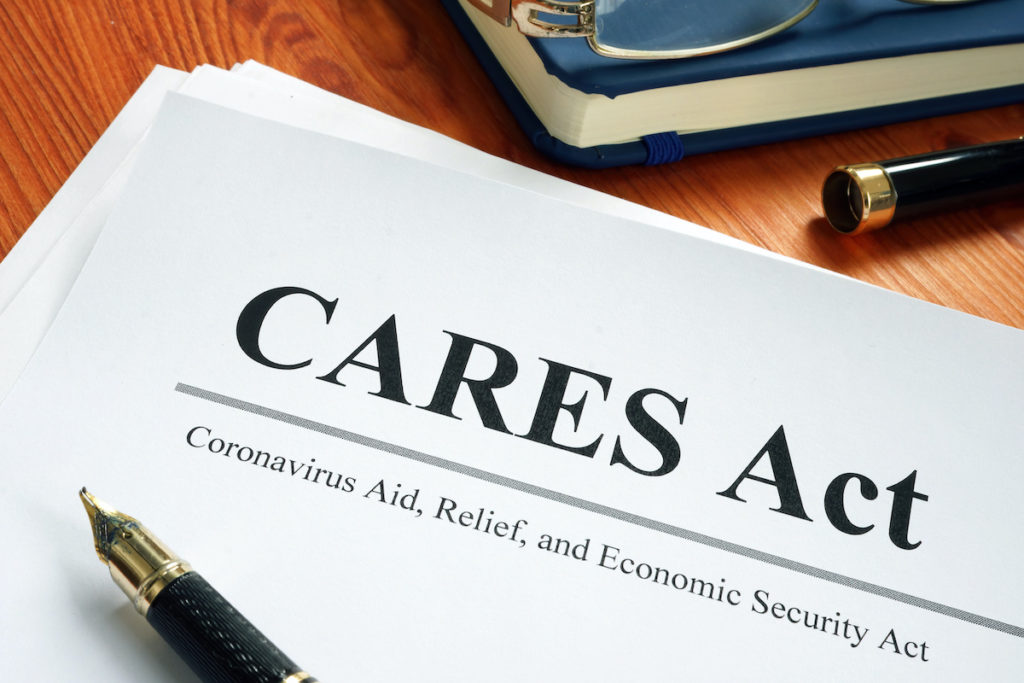Key takeaways:
- If COVID-19 or another financial hardship has kept you from paying your mortgage, deferment could be an option for you.
- Mortgage deferral can also help you make up your payments after forbearance.
- Check out our other blog posts or contact the Ida Terbet Group for more personalized advice on mortgages and homeownership!
What Every Homeowner Should Know About Mortgage Deferment
If you haven’t kept up with our latest blog series, we’ve been delving into the most popular options for homeowners having trouble making their mortgage payments. Today, we’re talking about deferment (also known as deferral) and how it can help you get back on the right financial track.
While deferment might be similar to forbearance, there are a few key differences that could make it a better option for you. Here’s everything you need to know before making a decision.
What is deferment?

In a nutshell, deferment allows a homeowner who is delinquent on their mortgage to temporarily freeze payments and add them to the end of the term. When you’re in deferment, you won’t have to pay interest on your loan, but you shouldn’t view it as a vacation from your monthly payments. In fact, many financial experts say you should continue to pay as much as you can even during your deferral period, which can last from a few months to a year.
What are the pros and cons of deferment?

While forbearance is often considered to be a last resort to prevent foreclosure, deferment provides a bit more flexibility because you won’t have to make up payments right after the period ends. This buys you more time to build up an emergency fund and avoid incurring any late fees. And if your lender doesn’t report your deferral to credit bureaus, it won’t lower your credit score.
It’s important to remember that your loan will still accrue interest during deferment, but you won’t have to pay it right away. You may not get a say in how your deferment is paid back to your lender, either—it can range from a payment plan to a lump sum at the end of the term. Deferment can also cause you to pay more in the long run, especially if you put off more than a few payments.
When to consider deferment

Like forbearance, a deferral can be an effective way to get back on your feet after sudden or temporary financial instability. If you don’t want to become delinquent on your loan or face foreclosure, you may want to ask your lender about setting up a deferment plan. Most lenders allow you to defer up to 12 months of payments without late fees. Deferment can also be used to catch up on payments after a forbearance.
Deferment may not be a good solution for homeowners who have long-term issues with their mortgage, such as a high interest rate or monthly payment. However, you can still refinance your loan or ask your lender for a different modification.
How to qualify for deferment

Due to the impact of COVID-19, many lenders now offer more support for at-risk homeowners. In order to qualify for deferment, you’ll need to prove that you’re facing a financial difficulty, such as a loss of employment, furlough, or medical issue. From there, your lender will determine the length of the deferral and how you’ll make up the payments at the end of the term.
If you have a government or GSE loan (such as a VA, FHA, or Fannie Mae mortgage), you’re automatically eligible for a deferral thanks to the CARES Act. Be sure to contact your lender to learn more about the deferment process.
Want to Learn More About Deferment?
If you’re considering a mortgage deferral, the Ida Terbet Group is here to help. Contact us today to learn more about your options—we’d be happy to answer any questions you might have.
Thinking about buying or selling your home? We can certainly help with that, too!
